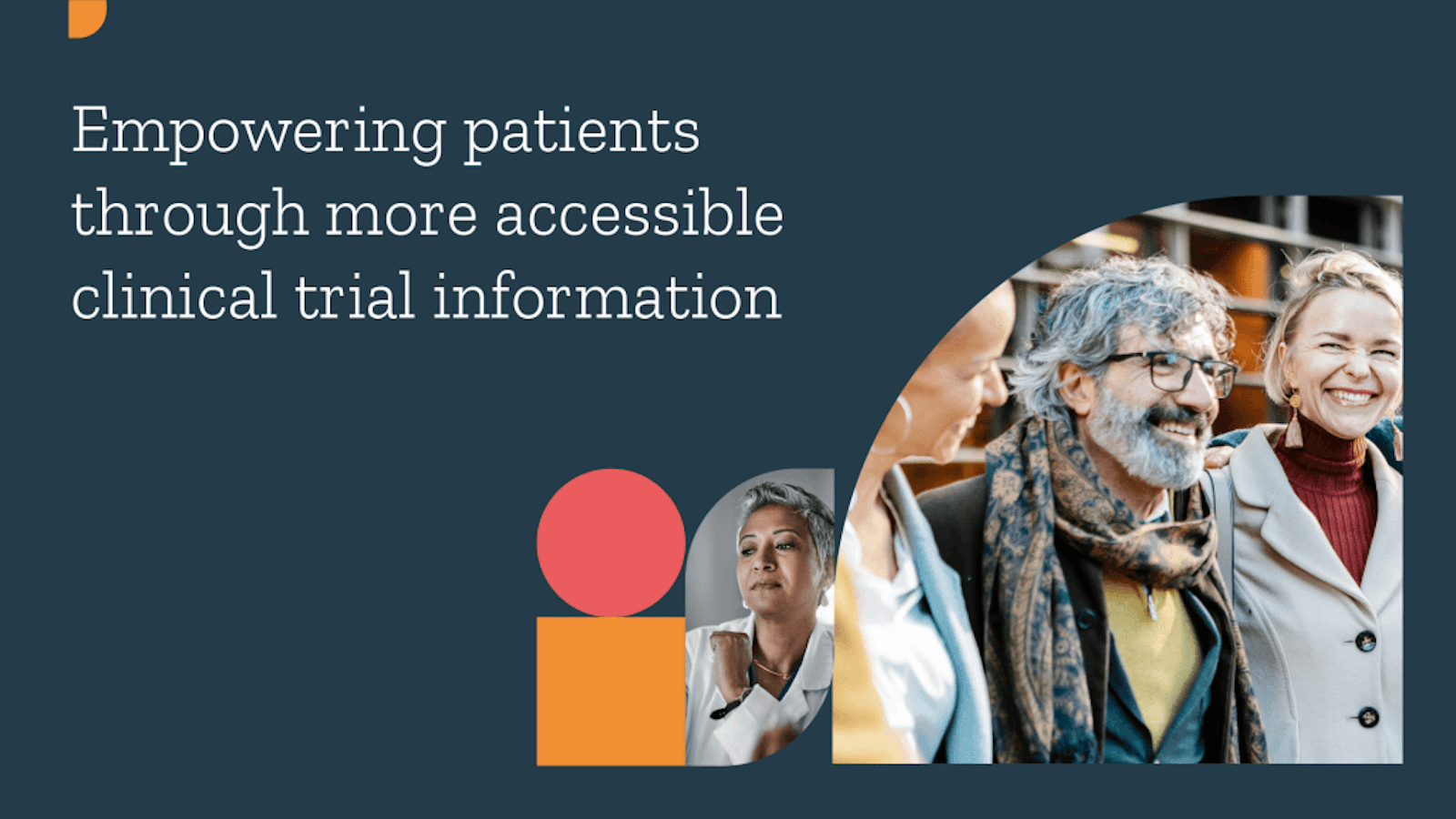

The landscape of healthcare and clinical research is on the brink of a significant transformation. Traditionally, clinical trials have been the domain of pharmaceutical companies and research institutions, with patients participating as subjects rather than active stakeholders. However, the advent of patient-powered research, underpinned by patients owning their health data, is poised to revolutionize how clinical trials are conducted. This shift promises to enhance the efficiency and effectiveness of clinical trials and empower patients, giving them a central role in the research process.
The Current Clinical Trial Landscape
Clinical trials are essential for the development of new treatments and therapies. They provide the rigorous testing necessary to ensure that new drugs and medical devices are safe and effective. However, the current system is fraught with challenges. Recruitment and retention of participants are major hurdles, with many trials failing to meet their enrollment targets. Additionally, the traditional model often places patients in a passive role, with little control over how their data is used.
This model is increasingly being recognized as outdated. Patients today are more informed and engaged in their healthcare decisions. They want to understand how their data is being used and have a say in that process. This shift in patient expectations is driving the need for a new model of clinical trials—one that is patient-powered and data-centric.
The Concept of Patient Data Ownership
At the heart of this transformation is the concept of patient data ownership. In the traditional model, data collected during a clinical trial is owned by the sponsor—typically a pharmaceutical company or research institution. Patients have little control over how their data is used once it is collected. However, with the rise of digital health technologies and the growing recognition of data as a valuable asset, the idea of patients owning their health data is gaining traction.
Patient data ownership means that individuals have control over their health information, deciding who can access it and for what purposes. This concept is not just about privacy; it’s about empowering patients to take an active role in research. When patients own their data, they can choose to participate in studies that align with their values and interests, potentially leading to more meaningful and diverse clinical trials.
Transforming Clinical Trials with Patient-Powered Research
The implications of patient data ownership for clinical trials are profound. When patients own their data, they become active participants in the research process, rather than passive subjects. This shift can lead to several key benefits:
1. Increased Participant Engagement: When patients have control over their data, they are more likely to engage with clinical trials. This could lead to higher recruitment and retention rates, addressing one of the major challenges in the current system.
2. More Diverse and Representative Data: Patient-powered research can lead to more diverse clinical trial populations. By giving patients control over their data, trials can more easily include underrepresented groups, leading to results that are more generalizable to the broader population.
3. Faster and More Efficient Trials: With patients actively involved in the research process, data collection and analysis can be streamlined. This could lead to faster development of new treatments and therapies, benefiting patients and the healthcare system as a whole.
4. Enhanced Trust and Transparency: By giving patients ownership of their data, trust in the clinical trial process is likely to increase. Patients can see how their data is being used and have confidence that their information is being handled ethically.
The Role of Technology in Enabling Patient-Powered Research
The shift towards patient-powered research is being driven by advancements in technology. Digital health platforms, blockchain technology, and decentralized clinical trials are all playing a role in enabling patients to own and control their data. These technologies allow for secure, transparent, and efficient data management, making it easier for patients to participate in clinical trials on their terms.
One example is the use of blockchain to create a secure, immutable record of patient data. This not only ensures data privacy but also allows patients to share their information with researchers while maintaining control over how it is used. Decentralized clinical trials, which leverage digital tools to conduct studies remotely, are another example. These trials make it easier for patients to participate from anywhere, further empowering them to take an active role in research.
Looking Ahead: The Future of Clinical Trials
The transformation of clinical trials through patient data ownership is just beginning. As this model becomes more widely adopted, we can expect to see a shift towards more patient-centric research, with trials designed to meet the needs and preferences of participants. This will not only lead to better outcomes for patients but also for the research community and the healthcare system as a whole.
In conclusion, the rise of patient-powered research marks a significant shift in the way clinical trials are conducted. By giving patients ownership of their data, we can create a more efficient, effective, and equitable research process—one that puts patients at the center of medical innovation.